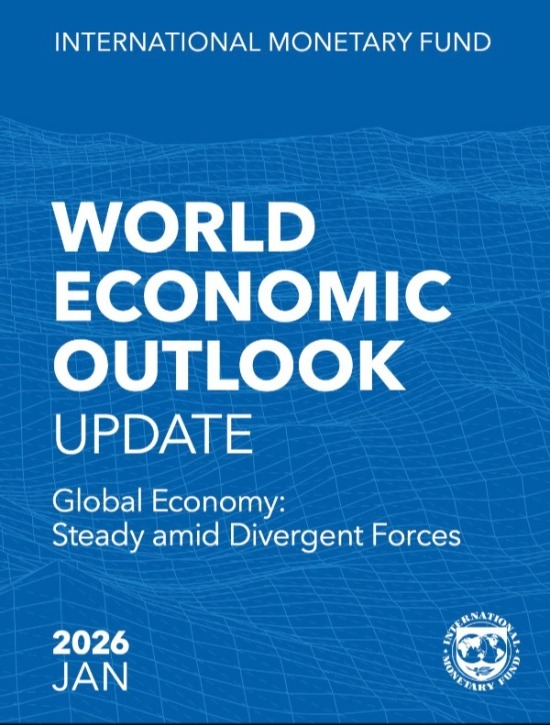
Global Economy: Steady amid Divergent Forces
Global growth is projected at 3.3 percent for 2026 and 3.2 percent for 2027. Technology investment, fiscal and monetary support, accommodative financial conditions, and private sector adaptability offset trade policy shifts. Global inflation is expected to fall, but US inflation will return to target more gradually. Key downside risks are reevaluation of technology expectations and escalation of geopolitical tensions.
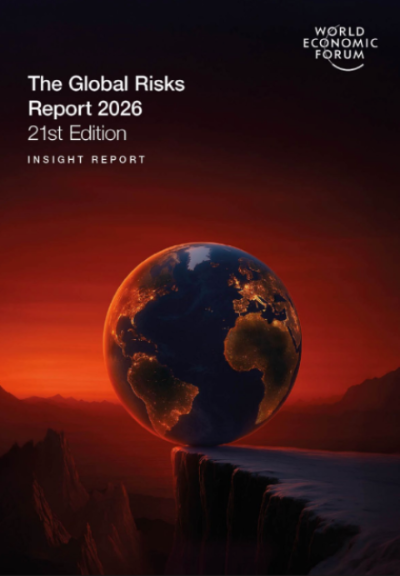
"We are witnessing the turmoil caused by kinetic wars, the deployment of economic weapons for strategic advantage, and growing fragmentation across societies. And as these “here and now” risks unfold, longer-term challenges, from technological acceleration to environmental decline, continue to create knock-on effects across systems.

We live in a galaxy of data. From satellites and smartwatches to social media and swipes at a register, we have ways to measure the economy to an extent that would have seemed like science fiction just a generation ago. New data sources and techniques are challenging not only how we see the economy, but how we make sense of it.
This issue of Finance & Development explores how data can better inform economic analysis and policy.
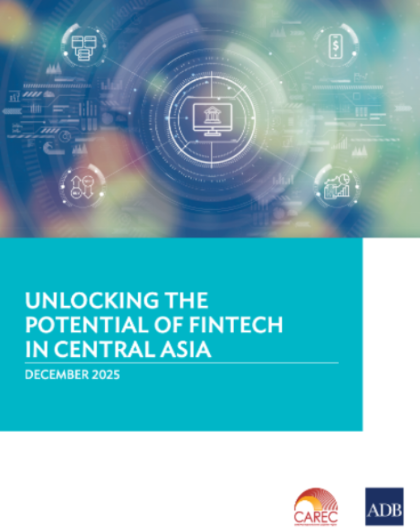
Analyzing fintech’s potential to transform financial services in the member countries of the Central Asia Regional Economic Cooperation (CAREC) Program, this report explores how fintech can drive economic growth, facilitate cross-border trade, and enhance financial inclusion.
Read more … Unlocking the Potential of Fintech in Central Asia
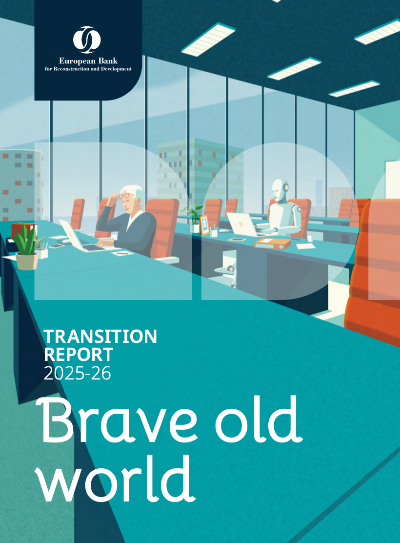
Brave Old World
The Transition Report 2025-26 looks at the implications of demographic change for rapidly ageing economies, as well as economies with young, fast-growing populations. It outlines recent demographic trends, including declining fertility rates, and presents strategies that policymakers could deploy in response. These centre on prolonging productive working lives, boosting automation and facilitating labour mobility. The analysis focuses on artificial intelligence and migration policies in the EBRD regions and beyond, as well as ways in which demographic change shapes policy preferences and societal beliefs.
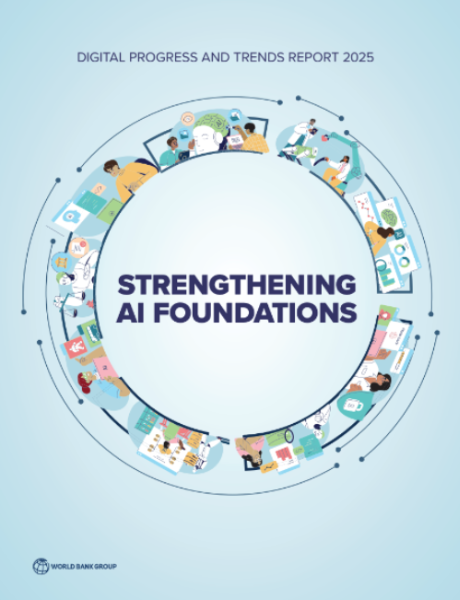
The recent rapid evolution of artificial intelligence (AI) has outpaced society’s ability to fully grasp its implications. Unlike technological shifts that have unfolded over decades, AI’s integration is accelerating at an unprecedented speed and scale.
This 2025 edition of the "Digital Progress and Trends Report (DPTR)" explores how low- and middle-income countries can harness AI to drive inclusive and sustainable development—and avoid being left behind.
Read more … Digital Progress and Trends Report 2025: Strengthening AI Foundations
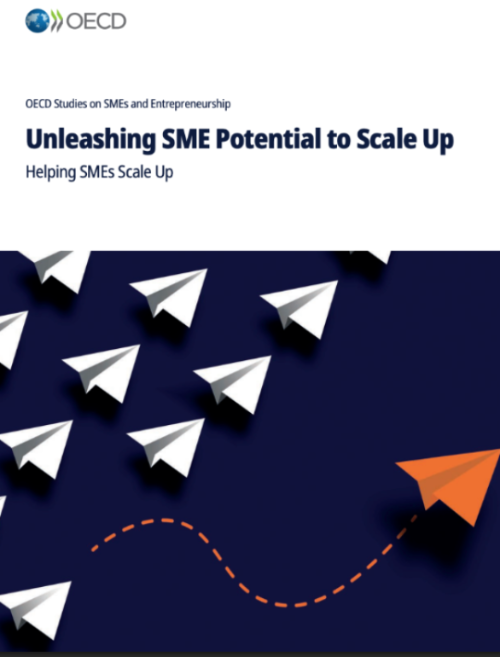
Helping SMEs Scale Up
SMEs and start-ups that grow rapidly contribute significantly to job creation, economic growth and competitiveness. Indeed, scalars, i.e., SMEs that grow by one-third over a three-year period, contribute about as much to job creation as large firms. However, there are barriers to SMEs scaling up and opportunities to better leverage their potential. This report examines and identifies the characteristics of scalers and, in turn, the policies that can support them.
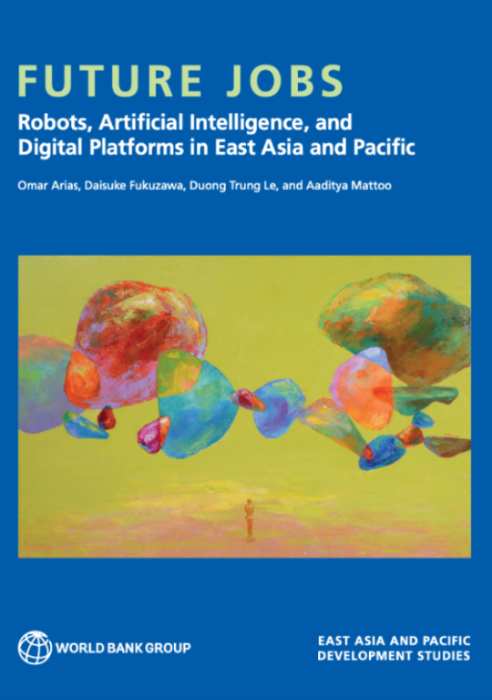
"New technologies have boosted employment in East Asia and Pacific countries, with productivity and scale gains outweighing automation’s labor-displacing effects. However, the benefits have been uneven, favoring skilled workers while some less-skilled workers, in more routine and manual jobs, have been pushed into the informal sector. Looking ahead, digitization will enhance the tradability of services, and artificial intelligence (AI) will transform production processes. EAP countries can benefit by equipping workers with the necessary skills and opening the services sectors to trade and investment."
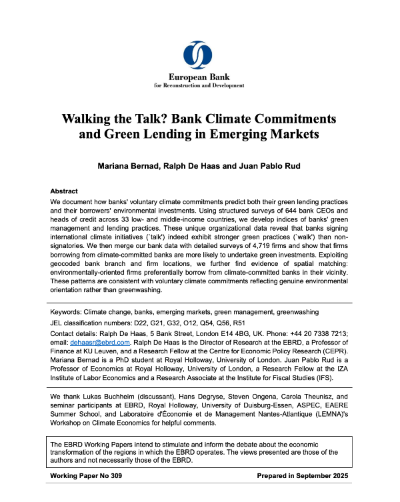
EBRD documents how banks' voluntary climate commitments predict both their green lending practices and their borrowers' environmental investments. Using structured surveys of 644 bank CEOs and heads of credit across 33 low- and middle-income countries, EBRD develops indices of banks' green management and lending practices. These unique organizational data reveal that banks signing international climate initiatives (`talk') indeed exhibit stronger green practices (`walk') than non-signatories.
Read more … Walking the Talk? Bank Climate Commitments and Green Lending in Emerging Markets
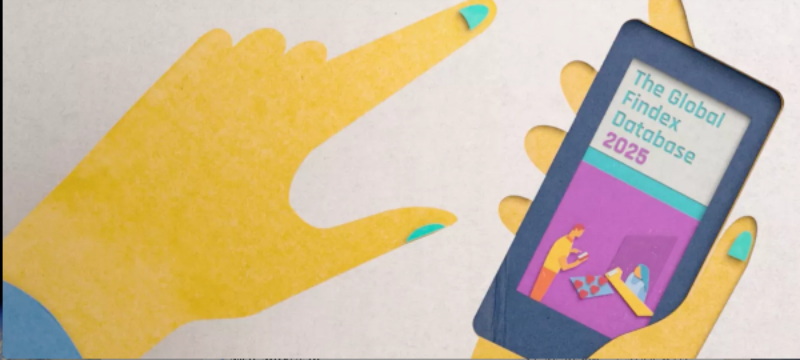
In 2024, 40% of adults in developing economies saved in a financial account – a 16 percentage-point increase since 2021 and the fastest rise in a more than a decade.
The Global Findex 2025 introduces the Digital Connectivity Tracker, a new component that measures access to and use of mobile technology. Combined with financial inclusion data, it offers a holistic view of how mobile infrastructure is expanding access to financial services and improving economic resilience.
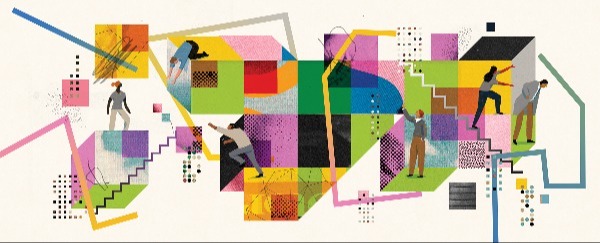
New technologies are rewiring liquidity, payments, and economic stability
More than 15 years after the global financial crisis, the banking and financial system looks safer. But it’s also evolving in ways that are reshaping who provides liquidity, how money moves, and risks to economic and financial stability. As a result, the next shock may begin not in a bank, but in the new infrastructure underpinning the system.
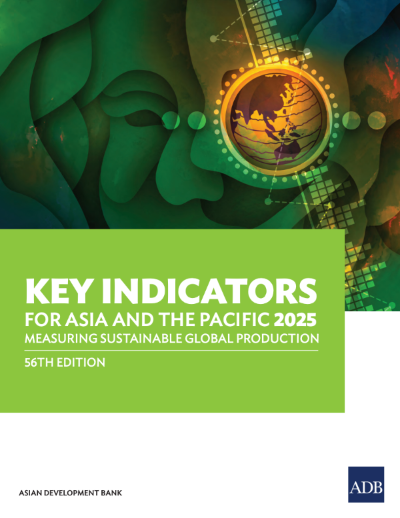
The report covers the most recently available economic, financial, social, and environmental indicators for the 50 regional members of Asian Development Bank. It discusses trends in development progress and the challenges of achieving inclusive and sustainable economic growth across Asia and the Pacific. This 56th edition also explores how harmonized environmental-economic data can serve as a public good for guiding cooperation toward resilient, sustainable development.
Read more … Effective Responses Require the Right Data - Key Indicators 2025


